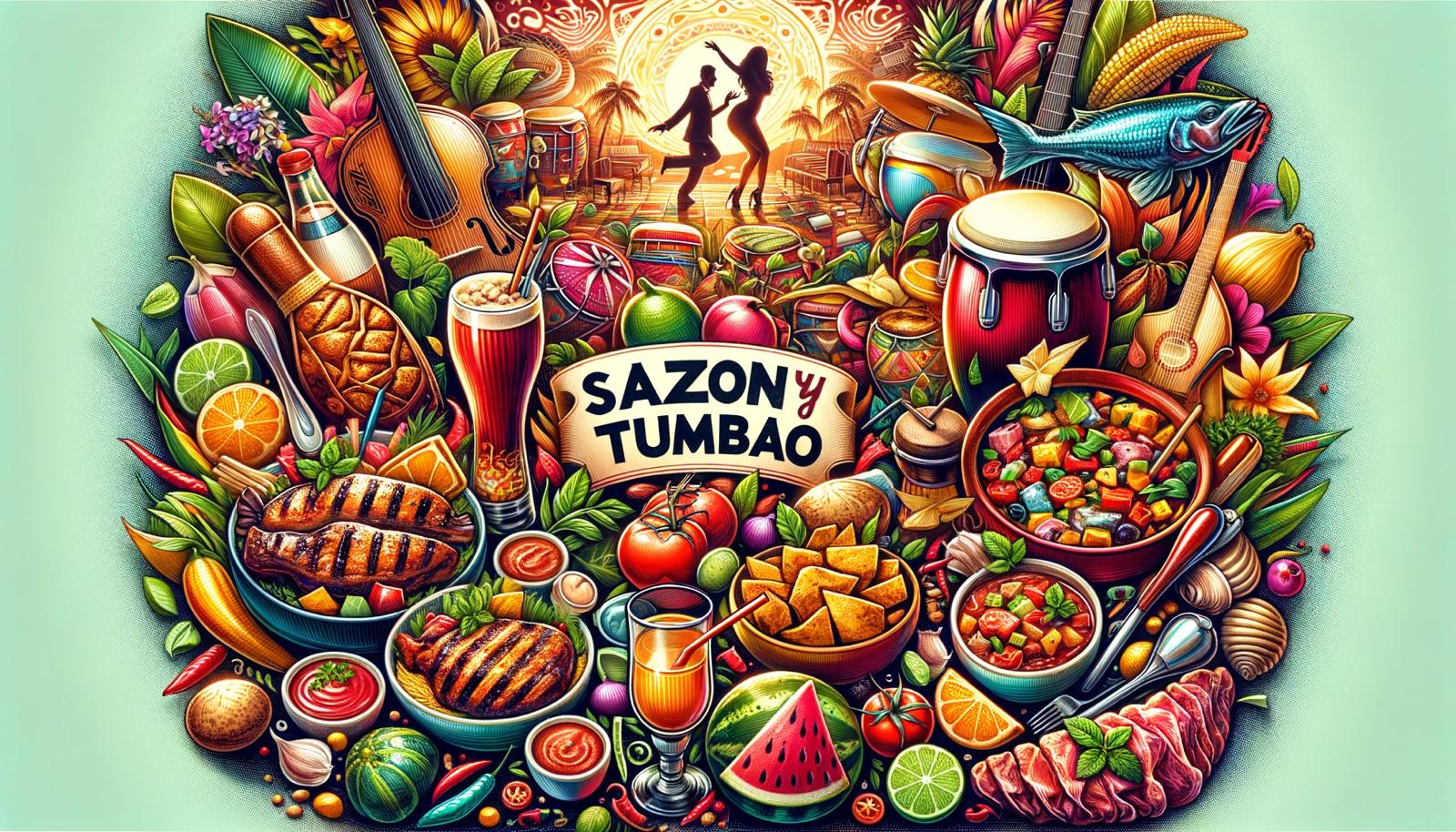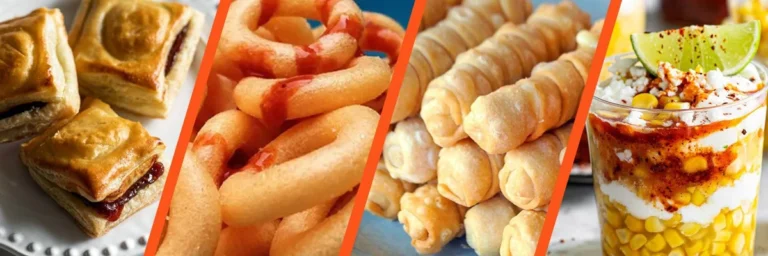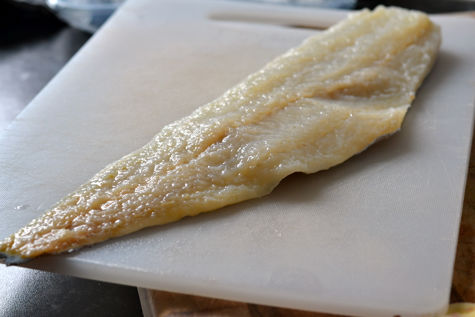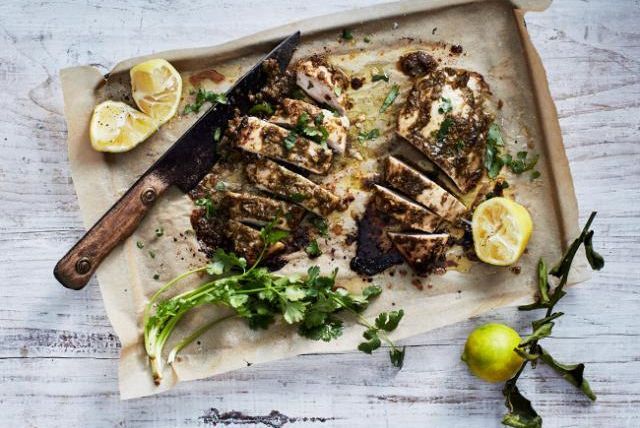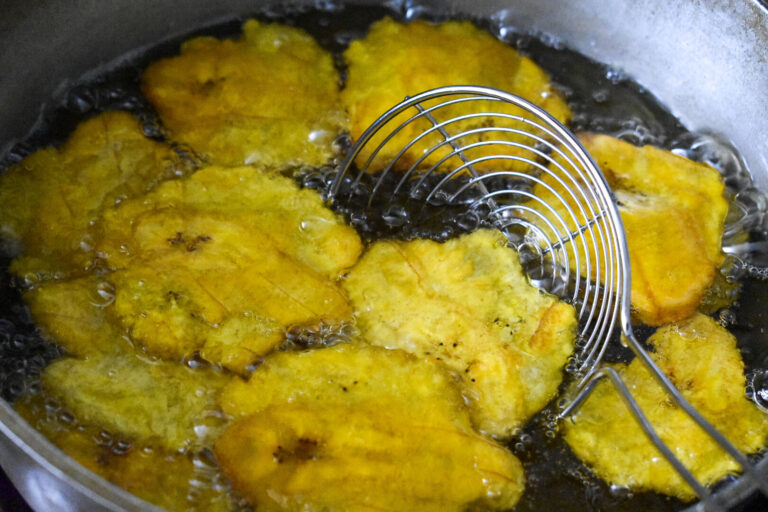The Caribbean’s rich culinary heritage is deeply intertwined with its surrounding seas. From the succulent flavors of grilled snapper to the hearty warmth of conch stew, seafood has long been a cornerstone of Caribbean diets. However, as global demand for seafood increases and marine ecosystems face mounting pressures, the sustainability of these cherished dishes comes into question.

In this article, we’ll explore the importance of sustainable seafood in Caribbean cooking, highlighting traditional dishes, current challenges, and the path forward to ensure that the flavors of the sea remain a vibrant part of Caribbean culture for generations to come.
The Cultural Significance of Seafood in the Caribbean
Seafood is more than just sustenance in the Caribbean; it’s a reflection of history, culture, and community. Indigenous peoples, African slaves, European colonizers, and Asian immigrants have all contributed to a diverse culinary tapestry where seafood plays a central role.
Traditional Seafood Dishes
Each Caribbean island boasts its own signature seafood dishes, often rooted in local traditions and available marine resources:
• Jamaica: Escovitch Fish – Fried fish topped with a spicy vinegar-based dressing of pickled vegetables.
• Bahamas: Conch Salad – A ceviche-like dish featuring raw conch marinated in citrus juices with peppers and onions.
• Trinidad and Tobago: Crab and Callaloo – Blue crab cooked with dasheen leaves, okra, and coconut milk.
• Barbados: Cou-Cou and Flying Fish – Cornmeal and okra pudding served with steamed or fried flying fish.

These dishes not only provide nourishment but also serve as cultural markers, representing the identity and heritage of their respective islands.
Challenges to Sustainable Seafood in the Caribbean
Despite the cultural importance of seafood, the Caribbean faces significant challenges in maintaining sustainable fisheries: 
Overfishing
The demand for popular species has led to overfishing, depleting fish stocks and disrupting marine ecosystems. For instance, the Nassau grouper, once abundant, is now considered endangered due to overfishing.
Habitat Destruction
Coastal development, pollution, and destructive fishing practices have led to the degradation of critical habitats like coral reefs and mangroves, which serve as nurseries for many marine species.
Invasive Species
The introduction of non-native species, such as the lionfish, has disrupted local ecosystems. Lionfish have no natural predators in the Caribbean and prey on native fish, further stressing the marine environment. 
Climate Change
Rising sea temperatures and ocean acidification affect fish populations and coral health, posing additional challenges to fisheries and the communities that depend on them.



Embracing Sustainable Seafood Practices
To address these challenges, Caribbean communities, governments, and organizations are adopting sustainable seafood practices that balance cultural traditions with environmental stewardship.

Promoting Underutilized and Invasive Species
One innovative approach is encouraging the consumption of underutilized or invasive species to alleviate pressure on overfished stocks. 
Lionfish: From Predator to Plate
Lionfish, native to the Indo-Pacific, have become a significant threat to Caribbean reefs. Efforts are underway to control their population by promoting them as a culinary delicacy. Chefs and home cooks are creating dishes like lionfish ceviche and grilled lionfish, turning an ecological problem into a gastronomic opportunity.

Supporting Sustainable Fishing Methods
Traditional, low-impact fishing methods are being revitalized and promoted:
• Fish Traps: Designed with escape gaps to allow juvenile fish to exit, ensuring that only mature fish are harvested.
• Handlining: A selective method that reduces bycatch and minimizes habitat damage.
These practices help maintain fish populations and protect marine habitats.

Establishing Marine Protected Areas (MPAs)
MPAs are designated regions where fishing is restricted or prohibited, allowing ecosystems to recover and fish populations to replenish. Countries like Belize and St. Lucia have implemented MPAs with positive results, witnessing increased fish sizes and densities within these zones.
Community-Based Fisheries Management
Empowering local communities to manage their marine resources fosters stewardship and ensures that regulations are culturally appropriate and effectively enforced. In the Bahamas, initiatives like the Sustainable Fisheries in The Bahamas project engage fishers in conservation efforts, promoting practices that benefit both the environment and their livelihoods. 
Sustainable Seafood Recipes: Honoring Tradition Responsibly
Incorporating sustainable seafood into traditional Caribbean recipes allows for the preservation of culinary heritage while protecting marine resources.
Grilled Lionfish with Tropical Salsa

Ingredients:
• 4 lionfish fillets 
• 2 tablespoons olive oil
• Salt and pepper to taste
• 1 cup diced mango
• 1 cup diced pineapple
• 1/2 cup diced red bell pepper
• 1/4 cup chopped fresh cilantro
• Juice of 2 limes
• 1 small jalapeño, seeded and minced 
Instructions:
- Preheat the grill to medium-high heat.
- Brush lionfish fillets with olive oil and season
- Grill the lionfish fillets for about 3-4 minutes per side, until they are opaque and flaky.
- In a bowl, combine mango, pineapple, red bell pepper, cilantro, lime juice, and jalapeño to make the tropical salsa.
- Serve the grilled lionfish topped with the fresh salsa and a side of rice and peas or roasted breadfruit.
Why this recipe matters:
Not only is lionfish delicate and delicious, but by consuming it, you’re also helping to control an invasive species and protect native fish populations.
Sustainable Seafood Substitutions
For other popular Caribbean seafood recipes, you can make small changes to prioritize sustainability:

Disclosure: Our blog contains affiliate links to products. We may receive a commission for purchases made through these links. However, this does not impact our reviews and comparisons. We try our best to keep things fair and balanced, in order to help you make the best choice for you.
